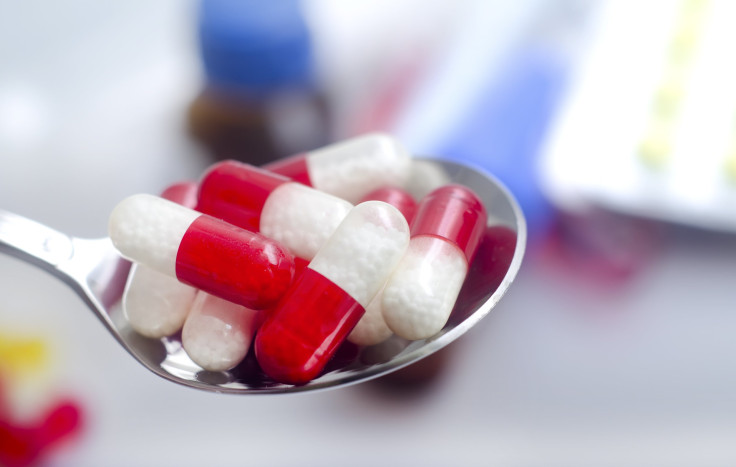FDA Says Generic Drugmakers Should Be Required To Update Safety Labeling

The Food and Drug Administration (FDA) told Congress on Tuesday its plan to raise safety labeling requirements for generic drugmakers would “create parity” among producers of branded and generic medications.
U.S. regulators would require generic drugmakers to update labeling on prescription drugs as they become aware of new information on safety and effectiveness. Yet generic drugmakers who now compose 80 percent of the domestic market would rather decline the honor, saying the change would expose them to liability lawsuits that would ultimately raise prices for the consumer.
Janet Woodcock, the country’s top pharmaceutical official, told a House of Representatives health subcommittee that generic drugmakers should be permitted to update labeling based on surveillance data on drugs long after their approval and marketing. “In the current marketplace ... brand drug manufacturers may discontinue marketing after generic drug entry,” she said in a statement. “FDA believes it is time to provide generic drug application holders with the means to update product labeling to reflect data obtained through post-marketing surveillance, even though this will result in temporary labeling differences among products.”
Woodcock said any confusion from temporary labeling differences was outweighed by the potential benefit to public health, adding that the requirement would not expose the industry to greater tort liability.
Ralph Neas, president of the Generic Pharmaceutical Association, told congressmen the new regulation would chill some aspects of their business as liability risk rises, as reported by Reuters. "The proposed rule would expose generic drug manufacturers to substantial new tort liability costs, which in turn would require them to adjust prices to stay in business, withdraw products, or decline to launch new affordable versions of brand medicines," he said Tuesday.
Congress first exempted generic drugmakers from the labeling requirement in 1984 with the idea that clinical information from branded drugmakers would apply to exact copies made by Brand-X. For the past three decades, this idea of “sameness” has allowed generic drugmakers to capture greater marketshare while offering lower consumer prices.
But a ruling from the Supreme Court in 2011 then exempted generic drugmakers from liability related to safety labeling, considering their inability to update safety warning labels. The FDA says the move would return to generic drugmakers the same product liability risk they held just three years ago before the ruling.
A representative for watchdog Public Citizen said the FDA’s new rule would “help prevent injuries from occurring in the first place,” with greater safety information ultimately bringing reduced exposure to liability risk.



























